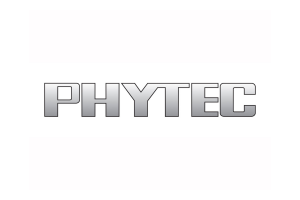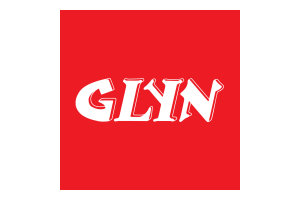Current Situation in the Car Industry
Transformation and Crisis Management at the Top of the Agenda
Due to rising material and energy costs and supply bottlenecks, optimising cost and revenue structures has top priority in the automotive industry, according to a study by the management consultancy Horváth. Equally important are trends such as e-mobility, digital transformation and sustainability.
The automotive industry wants to overcome the current challenges as quickly as the pandemic. The Corona crisis hit the companies hard. However, the automotive companies managed to recover quickly: in 2021, turnover already increased by an above-average 15.5 percent (average across all sectors: 9.9 percent).
Currently, manufacturers and suppliers are heavily burdened by the consequences of supply bottlenecks for important components - especially semiconductors - which significantly limits sales potential. For 2022, those surveyed by the management consultancy Horváth in a recent study therefore forecast only five percent growth in turnover and thus less than the average across all industries (8.1 percent). In the coming year, however, turnover is expected to rise again by 7.5 per cent and thus even more strongly than in other sectors.
»The high demand for new and used vehicles, irrespective of the drive system, makes this outlook seem realistic, provided the supply bottlenecks ease,« says Horváth expert Frank Göller. Suppliers, however, would need a little longer to get over the current significantly reduced volumes and the high material and energy costs. In order to cushion the financial consequences, the companies should continuously optimise costs and conduct consistent price negotiations with the car manufacturers.
Focus on the implementation of electromobility - autonomous driving disruptive future trend
The transformation to electric mobility is in full swing and is the dominant trend in the automotive industry. 71 percent of the board members surveyed see a very large impact on their company. »Strategically, many courses have been set at OEMs and suppliers - now it is the implementation competence and speed that will determine success on the market,« says Göller.
Autonomous driving is emerging as a very relevant topic in the future, especially as an enabler for new business models. Currently, 50 per cent of the respondents attach great importance to autonomous driving for their company, OEMs significantly more than suppliers.








